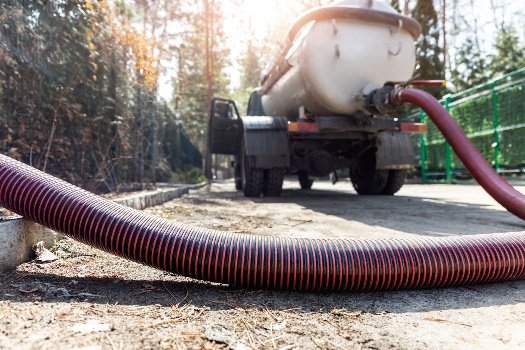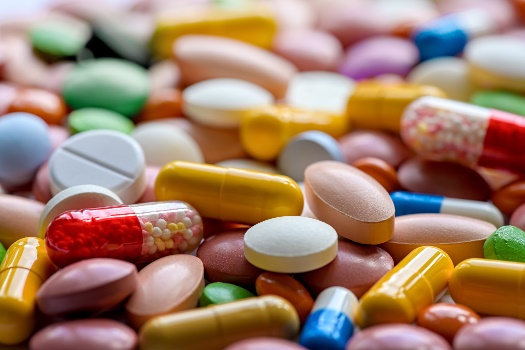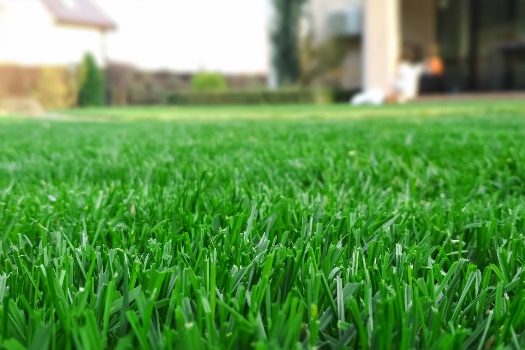Source Protection for Homeowners
Living in a Watershed
What goes onto or into the ground affects our water. The same sources of pollution that can impact the public water supply can also pollute private wells. Click here for information from the Connecticut Department of Public Health: Living in a Public Water Supply Watershed – Protecting the Watershed and Your Backyard. Whether you’re an Aquarion customer or not, below are steps you can take to protect drinking water sources.
How You Can Help

Step 1
Maintain your septic system. A poorly maintained septic system can contaminate groundwater wells and nearby surface water with harmful bacteria. Learn how to care for your septic system.

Step 2
Never pour oils, chemicals or leftover prescriptions down the drain or into the toilet. Find out how to dispose of prescriptions safely. Contact your town to find a local household hazardous waste collection site.

Step 3
Rethink your lawn. Fertilizers and weed killers make their way into ground water and nearby streams. Consider replacing some grass area with native plants. Save time, save money and protect water purity.
Aquarion's Watershed Inspection Program
Our watershed land and Aquifer Protection Areas are dominated by residential development. Connecticut General Statutes (CGS 25-51)) and Regulations of CT State Agencies (RCSA 19-13-B102(b)) authorize and require that we inspect private property where there is a potential to pollute public water supplies. Impervious surfaces, fuel storage and lawn chemicals are all potential sources of residential pollution. The most common threat of pollution from homes is septic systems. Poorly maintained septic systems can contribute disease-causing pathogens and excess nitrogen to our water supplies. We inspect over 1000 homes each year as part of our program to protect Aquarion's water supply. When we identify failed septic systems, we work with local town health departments to ensure repairs are made.
Recreation
Appreciate what the watershed has to offer! In Connecticut, we offer 20 miles of hiking trails. Learn how to be a good guest.
Be Our Guest